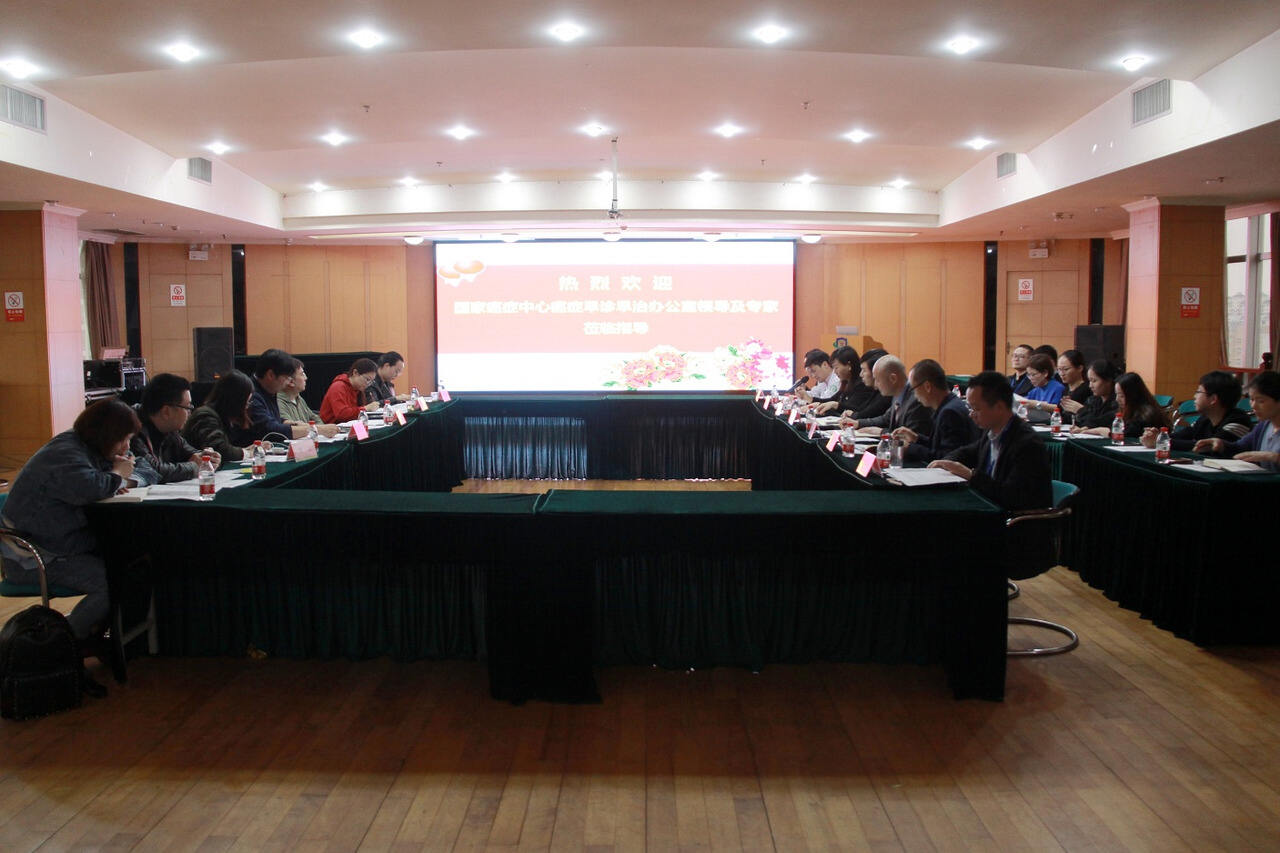8月2日,《CHINA DAILY 》中国日报国内版和国际版头版刊发《浙江迈向共同富裕》一文,开篇点赞黄岩共同富裕做法。
国内版

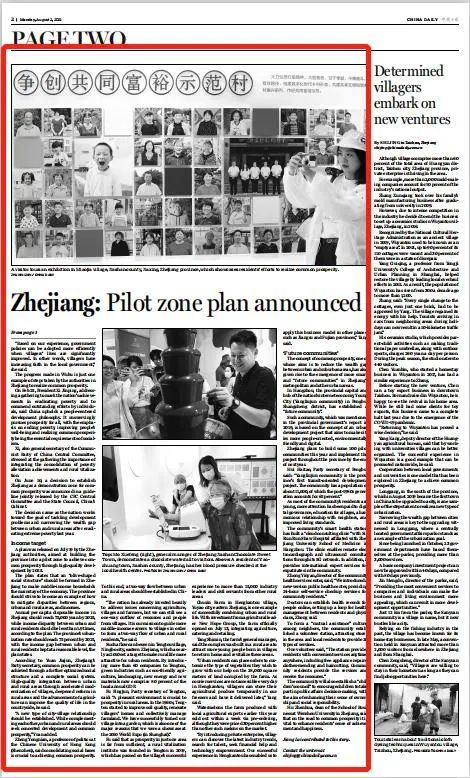
国际版
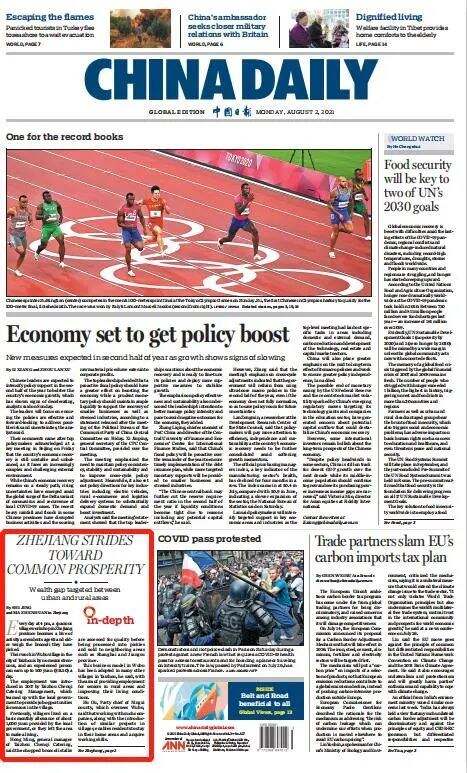
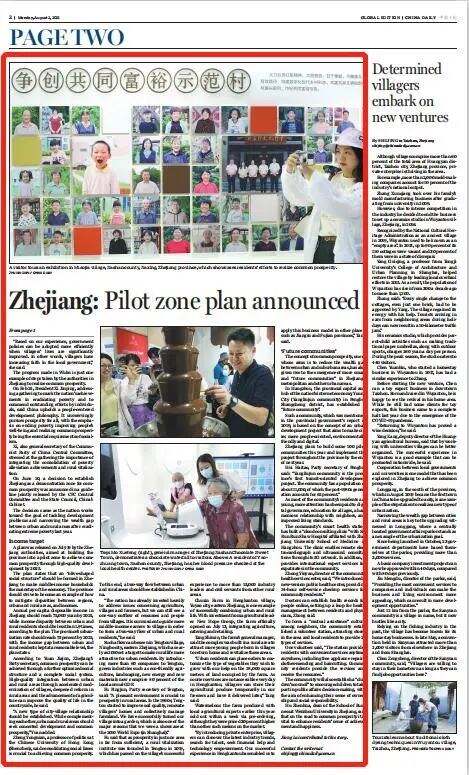
文中大篇幅报道,随着乡村旅游的兴起,不少年轻人纷纷“回流”创业,黄岩乌岩头村的成功经验成为全国乡村振兴学习样本。
两篇报道面向63个国家和地区同步刊发。
译文如下(节选)
每天下午4点,浙江省一个宽敞的乡村作坊里,年过65岁的老人们都会热火朝天地为他们采摘的花菜称重。
他们在台州市五部村的工作一点也不辛苦,一个有经验的人一天能挣到100元(15.5美元)。
当地政府于2017年与台州晨起餐饮管理有限公司合作,为村里的老年人提供就业机会。
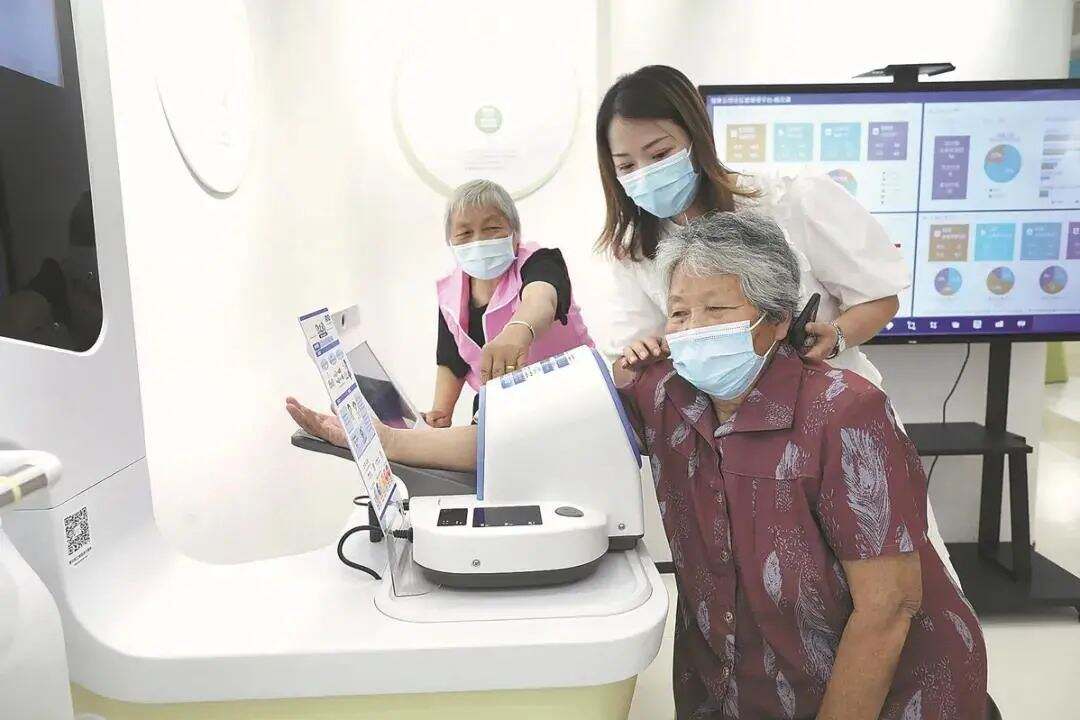
台州晨起餐饮总经理洪鸣说,切碎的菜花梗在加工成酱菜并销往上海和江苏等周边地区之前,都要进行质量评估。五部村的这种经营模式可以为农村老年人提供就业机会,改善他们的生活条件,在台州的很多乡村也有采用。
宁溪镇党委书记胡鸥说,与这些企业合作引进类似的项目,可以让村民留在家乡的同时也获得工作技能。
“根据我们的经验,当村民的生活得到显著改善时,政府可以更有效地落实政策,换句话说,政府公信力也会越来越高。”她说。
五部村的例子只是浙江省实现共同富裕道路上的一个缩影。
……
原文如下
Zhejiang strides toward
common prosperity
Wealth gap targeted between urban and rural areas
Every day at 4 pm, a spacious village workshop in Zhejiang province becomes a hive of activity as residents age 65 and older weigh the broccoli they have picked.
Their work in Wubu village in the city of Taizhou is by no means strenuous, and an experienced person can earn up to 100 yuan ($15.50) a day.
The employment was introduced in 2017 by Taizhou Chenqi Catering Management, which teamed up with the local government to provide job opportunities for seniors in the village.
Previously, villagers lived on a basic monthly allowance of about 1,000 yuan provided by the local government, or they left the area to make a living.
Hong Ming, general manager of Taizhou Chenqi Catering, said the chopped broccoli stalks are assessed for quality before being processed into pickles and sold to neighboring areas such as Shanghai and Jiangsu province.
This business model in Wubu has been adopted in many other villages in Taizhou, he said, with the aim of providing employment for seniors in rural areas and improving their living conditions.
Hu Ou, Party chief of Ningxi county, which oversees Wubu, said that working with such companies, along with the introduction of similar projects in villages, enables residents to stay in their home areas and acquire working skills.
"Based on our experience, government policies can be adopted more efficiently when villagers' lives are significantly improved. In other words, villagers have increasing faith in the local government," she said.
The progress made in Wubu is just one example of steps taken by the authorities in Zhejiang to realize common prosperity.
On Feb 25, President Xi Jinping, addressing a gathering to mark the nation's achievements in eradicating poverty and to commend outstanding efforts by individuals, said China upholds a people-centered development philosophy. It unswervingly pursues prosperity for all, with the emphasis on ending poverty, improving people's well-being and realizing common prosperity being the essential requirements of socialism.
Xi, also general secretary of the Communist Party of China Central Committee, stressed at the gathering the importance of integrating the consolidation of poverty alleviation achievements and rural vitalization.
On June 10, a decision to establish Zhejiang as a demonstration zone for common prosperity was announced in a guideline jointly released by the CPC Central Committee and the State Council, China's Cabinet.
The decision came as the nation works toward the goal of tackling development problems and narrowing the wealth gap between urban and rural areas after eradicating extreme poverty last year.
Income target
A plan was released on July 19 by the Zhejiang authorities, aimed at building the province into a pilot zone to achieve common prosperity through high-quality development by 2025.
The plan states that an "olive-shaped social structure" should be formed in Zhejiang to make middle-income households the mainstay of the economy. The province should strive to become an example of how to mitigate disparities between regions, urban and rural areas, and incomes.
Annual per capita disposable income in Zhejiang should reach 75,000 yuan by 2025, while income disparity between urban and rural residents should be less than 1.9 times, according to the plan. The province's urbanization rate should reach 75 percent by 2025, with the income gap between urban and rural residents kept at a reasonable level, the plan states.
According to Yuan Jiajun, Zhejiang's Party secretary, common prosperity can be achieved through a further optimized social structure and a complete social system. High-quality integration between urban and rural areas through accelerated modernization of villages, deepened reform in rural areas and the advancement of agriculture can improve the quality of life in the countryside, he said.
"A new type of city-village relationship should be established. While complementing each other, urban and rural areas should seek concerted development and common prosperity," Yuan added.
Zheng Yongnian, a professor of politics at the Chinese University of Hong Kong (Shenzhen), said consolidating social bases is crucial to achieving common prosperity. To this end, a two-way flow between urban and rural areas should be established in China.
"The nation has already invested heavily to address issues concerning agriculture, villages and farmers, but we can still see a one-way outflow of resources and people from villages. It is our mission to guide more middle-income earners to villages in order to form a two-way flow of urban and rural residents," he said.
Such a flow can be seen in Tengtou village, Ningbo city, eastern Zhejiang, which as early as 2010 set a target to make rural life more attractive for urban residents. By introducing more than 60 companies to Tengtou, green industries such as eco-friendly agriculture, landscaping, new energy and new materials now comprise 80 percent of the local annual GDP.
Fu Pingjun, Party secretary of Tengtou, said: "A pleasant environment is crucial to prosperity in rural areas. In the 1960s, Tengtou started to improve soil quality, renovate villagers' homes and collectively manage farmland. We have successfully turned our village into a garden, which is also one of the major reasons that we were a showcase at the 2010 World Expo (in Shanghai)."
Fu said that as prosperity in just one area is far from sufficient, a rural vitalization institute was founded in Tengtou in 2019, which has passed on the village's successful experience to more than 15,000 industry leaders and civil servants from other rural areas.
Chuxin Farm in Hengkantou village, Yuyao city, eastern Zhejiang, is one example of successfully combining urban and rural life. With investment from agricultural leader New Hope Group, the farm officially opened on July 13, integrating agriculture, catering and retailing.
Tang Shimin, the farm's general manager, said the complex was built in a rural area to attract more young people born in villages to return home and revitalize these areas.
"Urban residents can place orders to customize the type of vegetables they wish to grow with our help on the 28,000 square meters of land occupied by the farm. As courier services are not accessible every day in Hengkantou, villagers can store their agricultural produce temporarily in our freezers and have it delivered later," Tang said.
Watermelons the farm produced with local agricultural experts earlier this year sold out within a week via pre-ordering, although they were priced 30 percent higher than other such melons on the market.
"By introducing private enterprise, villagers can discover the latest industry trends, search for talent, seek financial help and technology empowerment. Our successful experience in Hengkantou has enabled us to apply this business model in other places, such as Jiangsu and Fujian provinces," Tang said.
'Future communities'
The concept of common prosperity, one of whose aims is to reduce the wealth gap between urban and suburban areas, has also given rise to the emergence of more smart and "future communities" in Zhejiang's metropolitan and other urban areas.
In Hangzhou, the provincial capital and hub of the nation's internet economy, Young City (Yangliujun community) in Pengbu, Shangcheng district, has established a "future community".
Such a community, which was mentioned in the provincial government's report in 2019, is based on the concept of an urban development project that aims to make cities more people-oriented, environmentally friendly and digital.
Zhejiang plans to build some 100 pilot communities this year and implement the project throughout the province by the end of next year.
Hui Haitao, Party secretary of Pengbu, said: "Yangliujun community is the province's first transit-oriented development project. The community has a population of about 11,000, of which the post-1980s generation accounts for 62 percent."
As most of the community's residents are young, more attention has been paid to digital governance, education for all ages, a harmonious relationship with neighbors, and improved living standards.
The community's smart health station has built a "cloud consulting clinic" with Sir Run Run Shaw Hospital affiliated with Zhejiang University School of Medicine in Hangzhou. The clinic enables remote electrocardiograph and ultrasound consultations through its 5G network. In addition, it provides international expert services for expatriates in the community.
Zhong Yinyan, director of the community health service center, said, "We introduced a new-version public health center, providing 24-hour self-service checkup services for community residents."
Doctors can establish health records for people online, setting up a loop for health management between residents and physicians, Zhong said.
To form a "mutual assistance" culture among neighbors, the community established a volunteer station, attracting stores in the area and local residents to provide 20 types of services.
One volunteer said, "The station provides residents with convenient services anytime, anywhere, including free appliance repairs, clothes-mending and haircutting. Community residents provide the services and receive the resources."
The community will also establish a "children's council" to encourage children to take part in public affairs decision-making, with the aim of enhancing their sense of ownership and social responsibility.
Hu Zhenhua, dean of the School of Business at Wenzhou University in Zhejiang, said that on the road to common prosperity it is vital to enhance residents' sense of achievement and happiness.
Jiang Lai contributed to this story.
二版
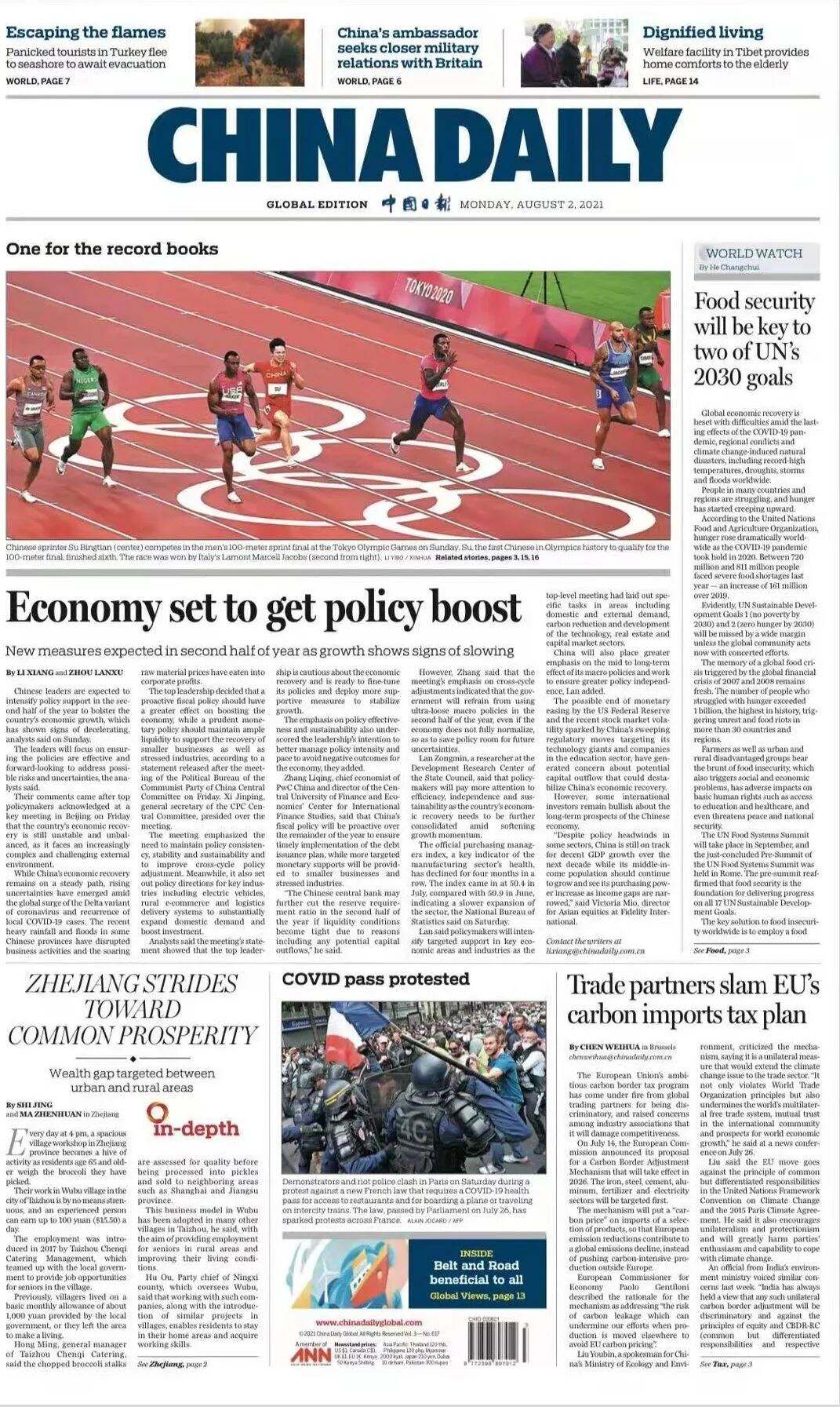
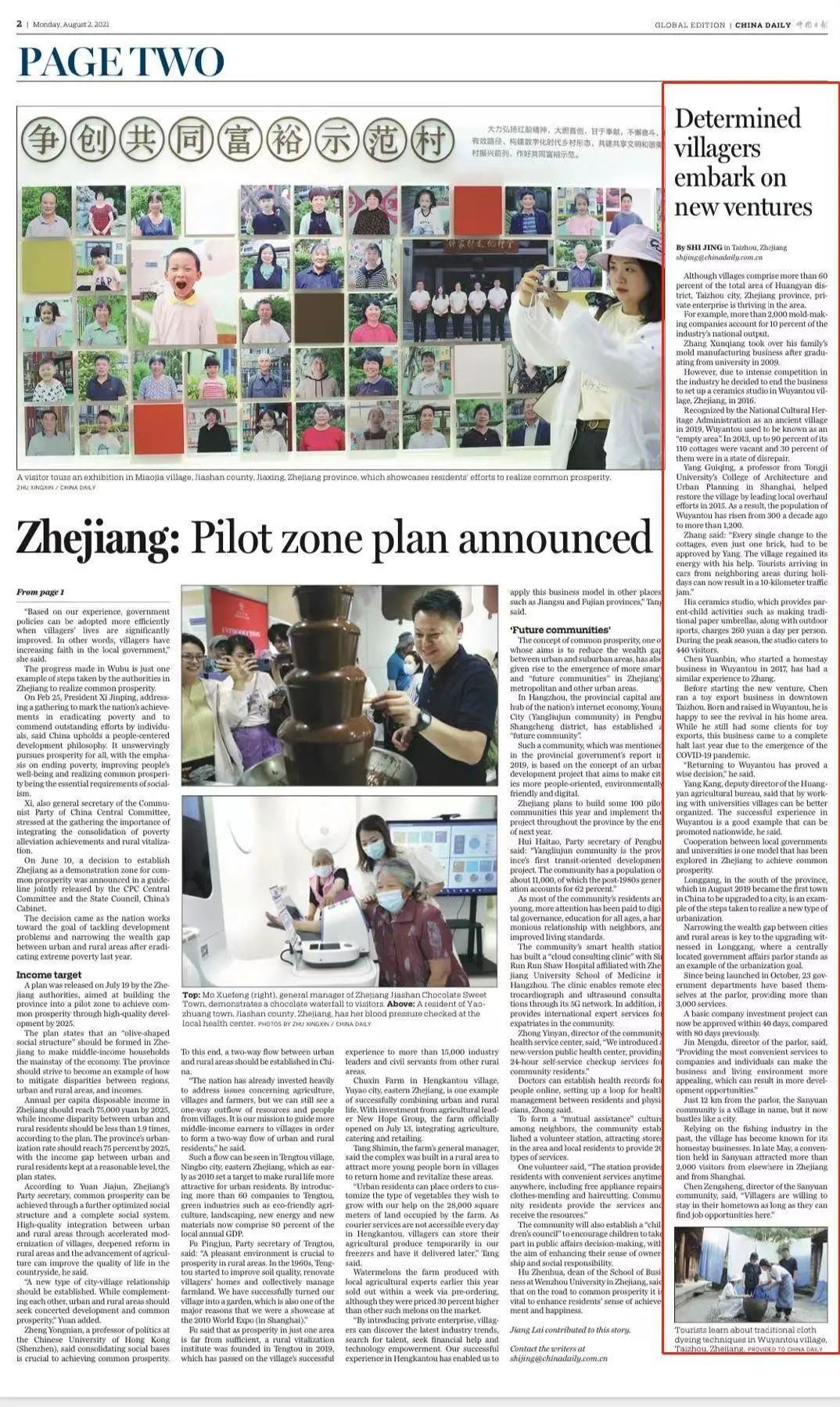
译文如下
激活古村活力 村民开始新的尝试
虽然浙江省台州市黄岩区的农村面积占全区总面积的60%以上,但私营企业在该地区却蓬勃发展。
例如,黄岩集聚了2000多家模具生产加工企业,占该行业全国产量的10%。
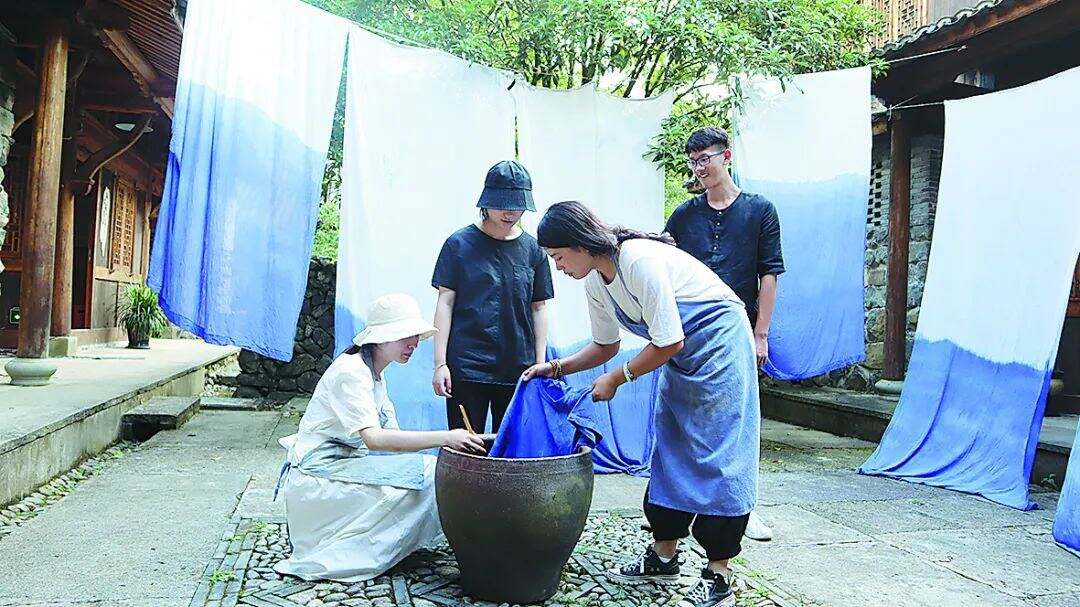
游客在浙江台州乌岩头村学习传统染布技艺。来源:中国日报
2009年大学毕业后,章洵强接手了家里的模具制造生意。
然而,由于行业竞争激烈,2016年,他决定结束生意,在浙江乌岩头村成立陶瓷工作室。
2019年被国家文物局认定为传统村落的乌岩头,过去被称为“空心村”。2013年,该村110间旧房,空置率90%,坍塌损毁30%。
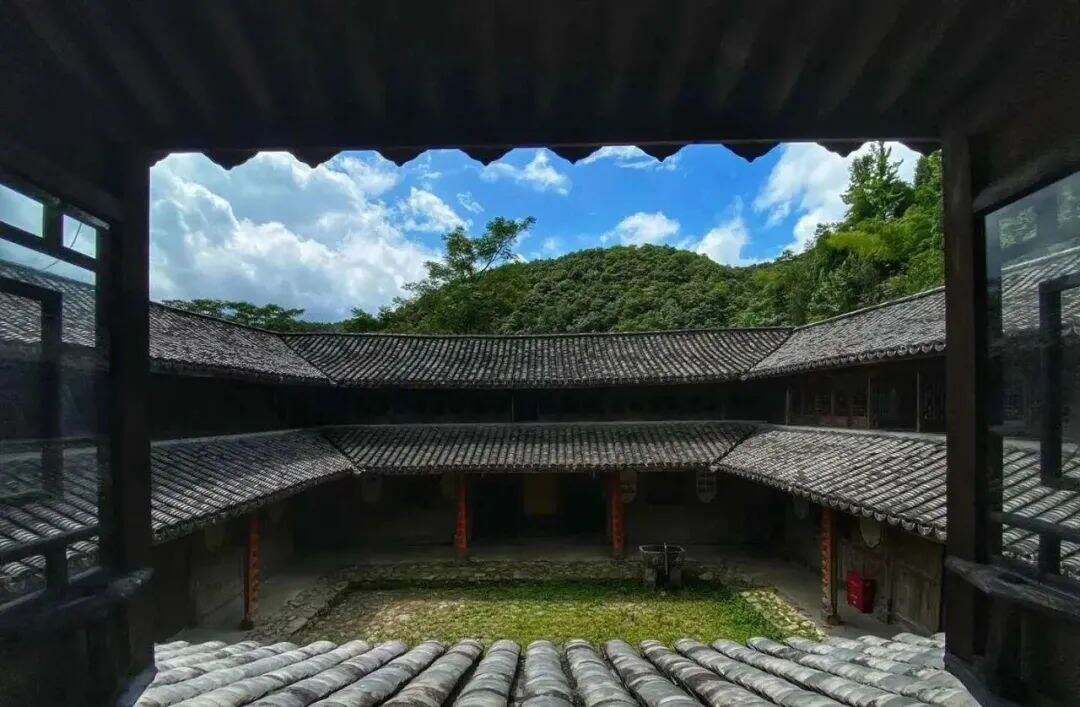
2015年,来自上海同济大学建筑与城市规划学院的杨贵庆教授成为黄岩乡村的“总规划设计师”,撬动美丽乡村建设、参与“空心村”治理,助力“空心村”蝶变为“美丽村”“致富村”。十年间,乌岩头村的户籍人口已经从 300 人增加到 1200 多人。
章洵强说:“村里的每一处改动,哪怕只是一块砖,都要经过杨教授的批准。村子在他的帮助下恢复了生机。节假日,附近慕名而来的自驾游游客多了,车辆排到邻村地界,可能导致 10 公里的拥堵。”
在他的陶艺工作室,游客可以进行陶艺、扎染、古法造纸等艺术体验活动,还可以参与户外运动项目,每人每天收费260元。旺季时,能接待440名游客。

2017年回乌岩头村开始做民宿生意的陈元彬,和章洵强有着类似的经历。
在回乡创业之前,他在台州市区经营玩具出口生意。在新冠疫情的影响下,去年,玩具业务全线停止。
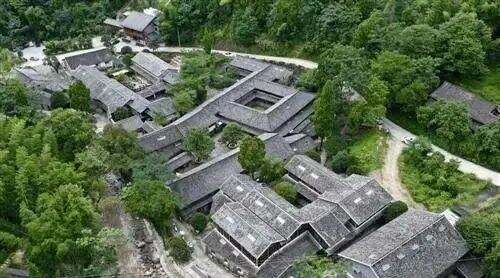
在乌岩头村土生土长的陈元彬,看到家乡的振兴发展,心里掩饰不住地高兴。他说:“回到乌岩头是一个明智的决定。”
黄岩农业局副局长杨康表示,通过校地合作,可以更好地因村施策,推进乡村振兴。乌岩头村的成功经验可以在全国推广。
地方政府与高校合作是浙江探索的共同富裕模式之一。
原文如下
Determined villagers
embark on new ventures
Although villages comprise more than 60 percent of the total area of Huangyan district, Taizhou city, Zhejiang province, private enterprise is thriving in the area.
For example, more than 2,000 mold-making companies account for 10 percent of the industry's national output.
Zhang Xunqiang took over his family's mold manufacturing business after graduating from university in 2009.
However, due to intense competition in the industry he decided to end the business to set up a ceramics studio in Wuyantou village, Zhejiang, in 2016.
Recognized by the National Cultural Heritage Administration as an ancient village in 2019, Wuyantou used to be known as an "empty area". In 2013, up to 90 percent of its 110 cottages were vacant and 30 percent of them were in a state of disrepair.
Yang Guiqing, a professor from Tongji University's College of Architecture and Urban Planning in Shanghai, helped restore the village by leading local overhaul efforts in 2015. As a result, the population of Wuyantou has risen from 300 a decade ago to more than 1,200.
Zhang said: "Every single change to the cottages, even just one brick, had to be approved by Yang. The village regained its energy with his help. Tourists arriving in cars from neighboring areas during holidays can now result in a 10-kilometer traffic jam."
His ceramics studio, which provides parent-child activities such as making traditional paper umbrellas, along with outdoor sports, charges 260 yuan a day per person. During the peak season, the studio caters to 440 visitors.
Chen Yuanbin, who started a homestay business in Wuyantou in 2017, has had a similar experience to Zhang.
Before starting the new venture, Chen ran a toy export business in downtown Taizhou. Born and raised in Wuyantou, he is happy to see the revival in his home area. While he still had some clients for toy exports, this business came to a complete halt last year due to the emergence of the COVID-19 pandemic.
"Returning to Wuyantou has proved a wise decision," he said.
Yang Kang, deputy director of the Huangyan agricultural bureau, said that by working with universities villages can be better organized. The successful experience in Wuyantou is a good example that can be promoted nationwide, he said.
Cooperation between local governments and universities is one model that has been explored in Zhejiang to achieve common prosperity.
译文:丁楚兰
看台州新闻,关注浙江在线台州频道微信
凡注有 "浙江在线台州频道" 或电头为 "浙江在线台州频道" 的稿件,均为 浙江在线台州频道独家 版权所有,未经许可不得转载或镜像;授权转载必须注明来源为 "浙江在线台州频道" ,并保留 "浙江在线台州频道" 的电头。投稿邮箱:[email protected]




